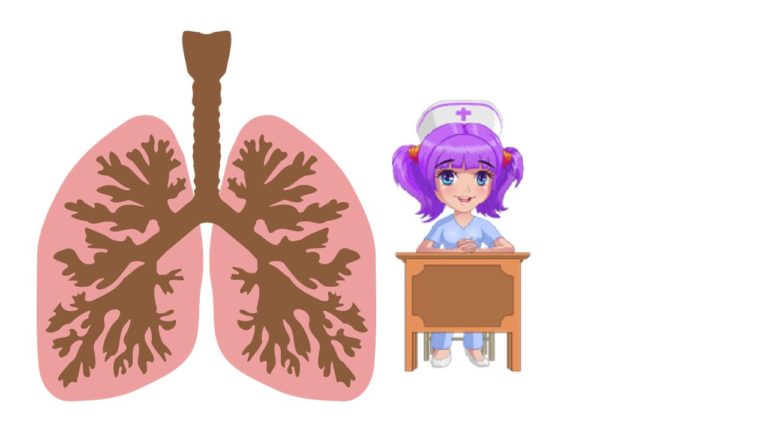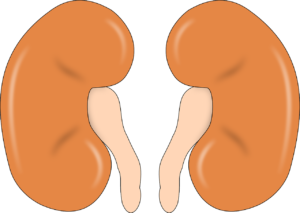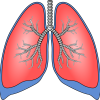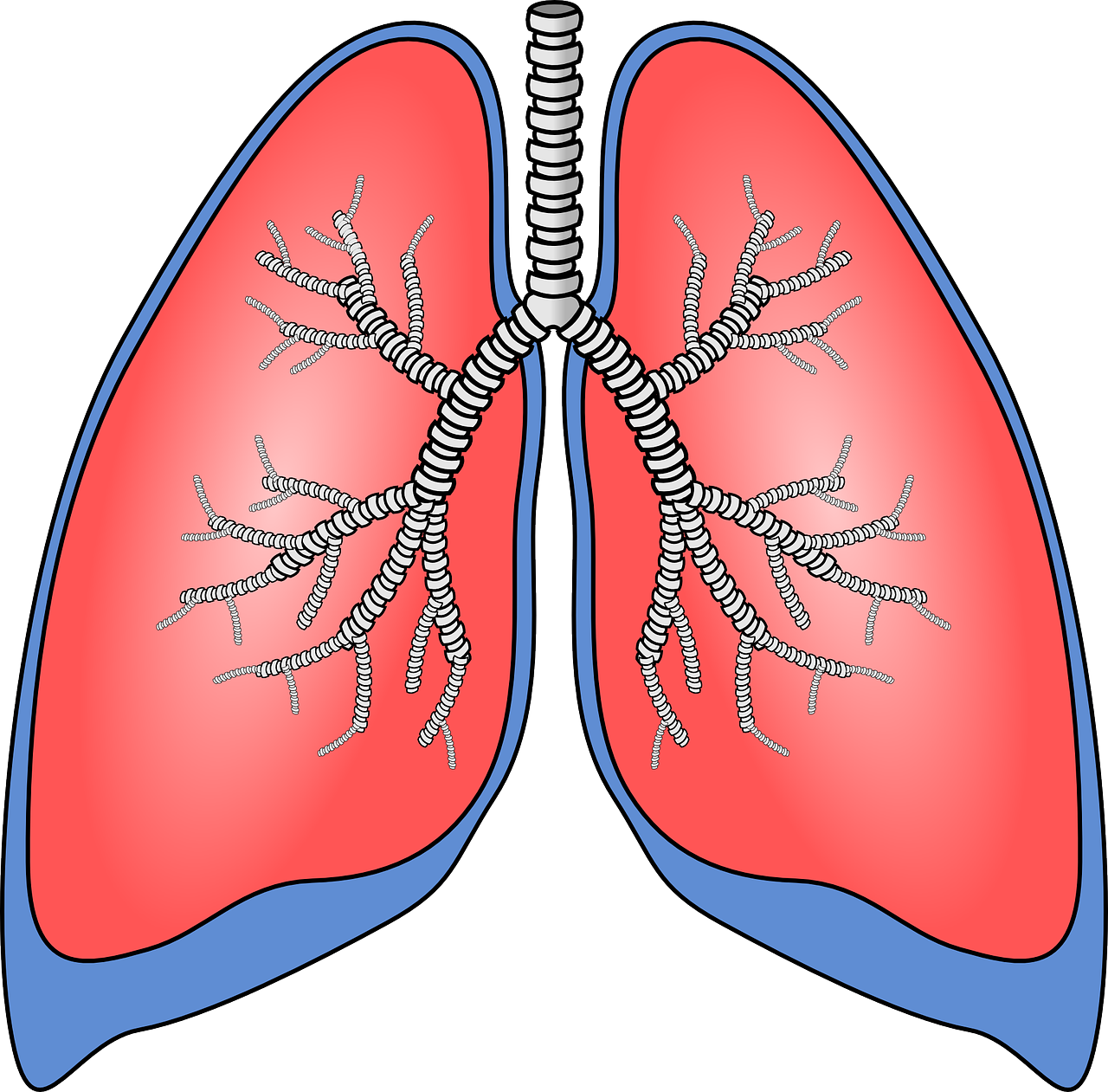
pH < 7.35
Pco2 > 40 mm Hg
Hypoventilation
Retaining CO2

Causes
Drug Overdose
Any CNS depression
Pulmonary embolism
Pneumonia
Emphysema/COPD
Asthma

Symptoms
Hypoventilation w/
hypoxia
Confusion
↓ resp. rate
Dyspnea

Interventions
May need to intubate
Monitor Blood Gases
Tx Cause
Eg, if drug overdose
give reversal agent





